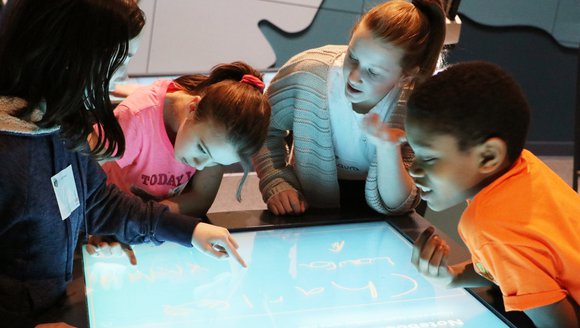Modeling Future Fisheries
Tidings | Feb 3, 2021
A new research project led by Dr. Lisa Kerr aims to connect climate, fish, and fisheries models to help fisheries managers make climate-informed decisions.

Commercial and recreational fisheries contribute billions of dollars in economic value and generate hundreds of thousands of jobs in our region. As the Gulf of Maine warms, communities that depend on these fisheries face increasing risks to their livelihoods.
How do we sustainably harvest fish as they move outside historic ranges? How will fisheries stay profitable in the face of productivity and distribution changes? These are some of the most pressing questions facing coastal communities today.
Now in a new effort, GMRI Research Scientist Dr. Lisa Kerr is leading a team of colleagues throughout the region to develop scientific tools that can help answer these questions. The project unites experts from NOAA, Rutgers University, and GMRI, who all investigate the future of fisheries using models — mathematical representations of natural systems.
The group’s new research will integrate previously disconnected climate, fish, and fisheries models into a flexible framework to help fisheries managers make climate-informed decisions.
As climate change accelerates, the past is an increasingly bad indicator of the future, so as climate and fisheries scientists, it’s critical that we provide tools to help us understand the changes to come. Anticipating the impacts on key commercial fish species will help the individuals, businesses, and communities that depend on them.
Lisa Kerr, Ph.D. Associate Professor, UMaine School of Marine Sciences![This is the staff photo for lisa kerr]() Lisa Kerr, Ph.D. Associate Professor, UMaine School of Marine Sciences
Lisa Kerr, Ph.D. Associate Professor, UMaine School of Marine Sciences
This project is supported by NOAA’s Coastal and Ocean Climate Applications program.



